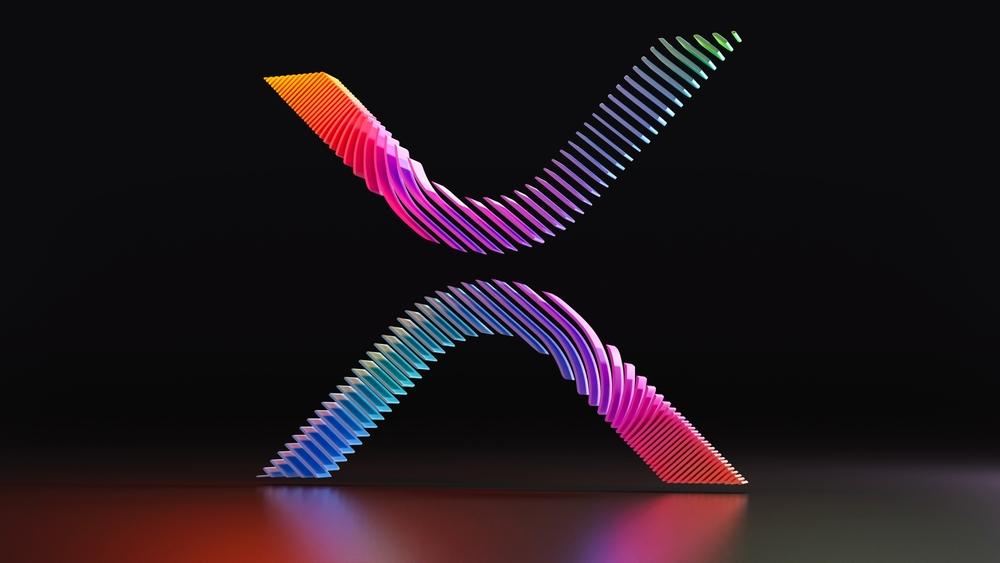MicroStrategy has once again expanded its Bitcoin holdings, revealing a $22 million purchase. However, this move has ignited growing concerns about shareholder dilution and the company’s long-term strategy. While the firm has built its reputation on aggressively accumulating Bitcoin, its latest acquisition is notably smaller compared to previous buys, raising questions about sustainability.
The company is increasingly relying on issuing new shares to finance its Bitcoin strategy. Reports show that MicroStrategy diluted its common shareholders by over 3.27 million shares to fund approximately $1.1 billion worth of Bitcoin. This accounts for about 1.2% of the company’s shareholder float, covering nearly 94% of its recent acquisitions. For investors, this presents a dangerous paradox: buying MicroStrategy stock (MSTR) is becoming less attractive if the firm underperforms the very asset it seeks to represent—Bitcoin.
Chairman Michael Saylor previously reassured investors that dilution would not impact their exposure to Bitcoin. Yet, policy changes last month opened the door for MicroStrategy to sell stock for broader purposes, removing critical guardrails meant to protect shareholder value. Since then, the firm’s strategy appears to contradict Saylor’s earlier commitments, fueling skepticism.
The implications extend beyond dilution. If MicroStrategy halts Bitcoin purchases, it risks damaging market confidence and weakening its role as a corporate leader in digital asset adoption. On the other hand, continued dilution may erode investor trust and diminish MSTR’s appeal as a Bitcoin proxy.
Although MicroStrategy avoided a recent class-action lawsuit, the mounting pressure underscores a larger dilemma: the company must not only grow its Bitcoin reserves but also outperform the cryptocurrency itself. Without a clear path forward, shareholder dilution could escalate into a broader crisis, threatening both investor confidence and the company’s standing as a Bitcoin pioneer.

























Comment 0